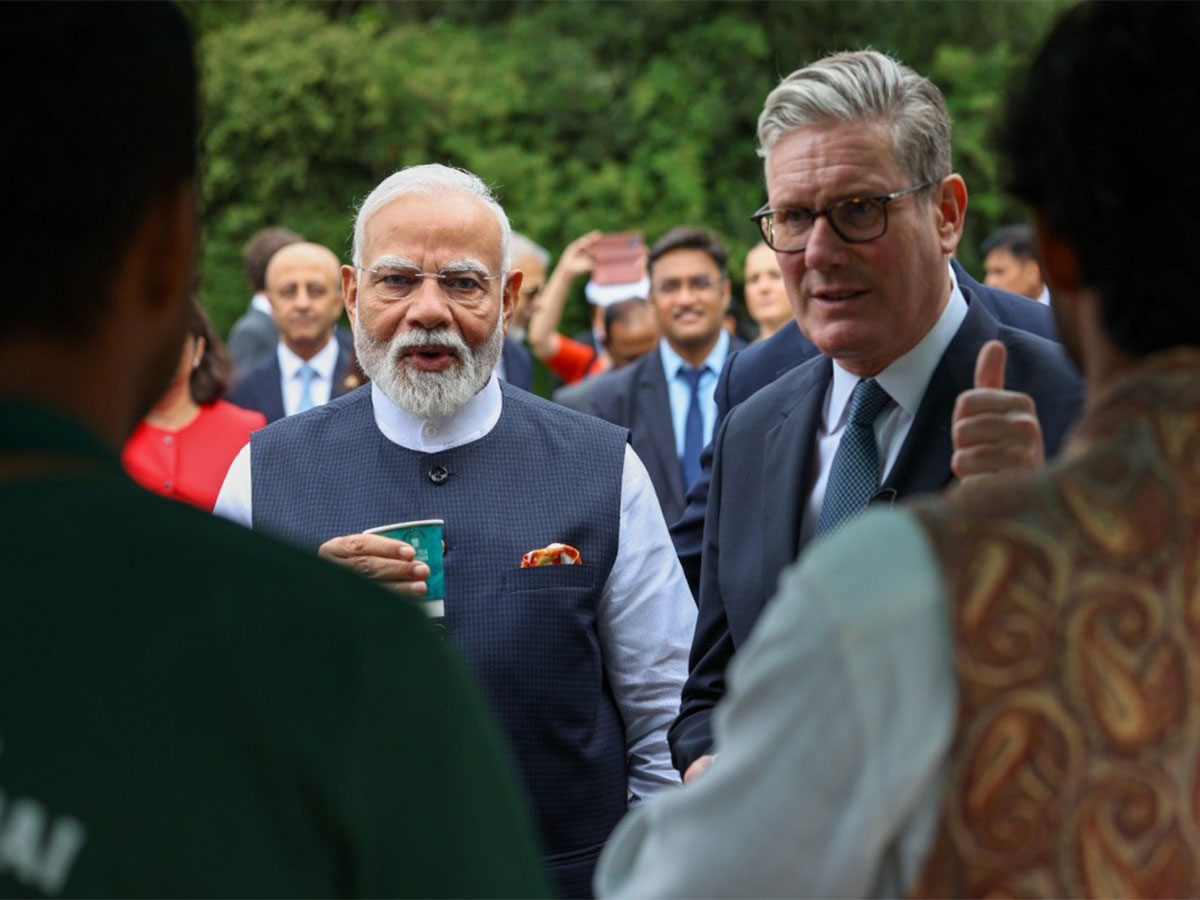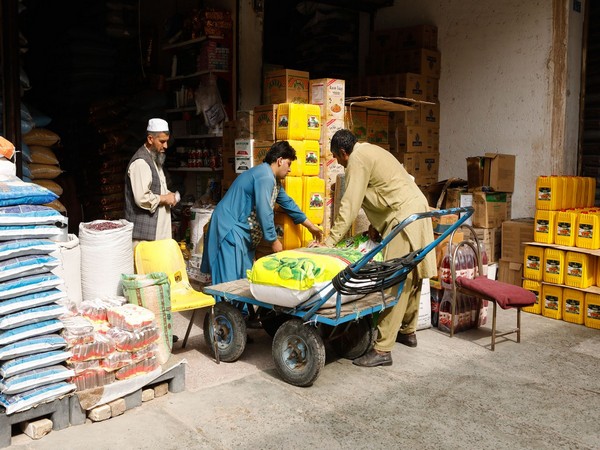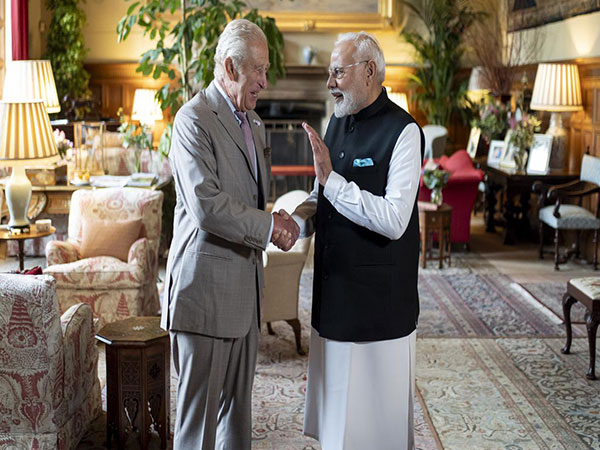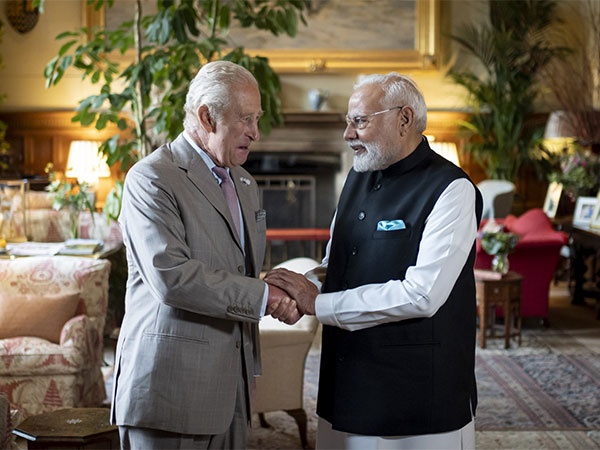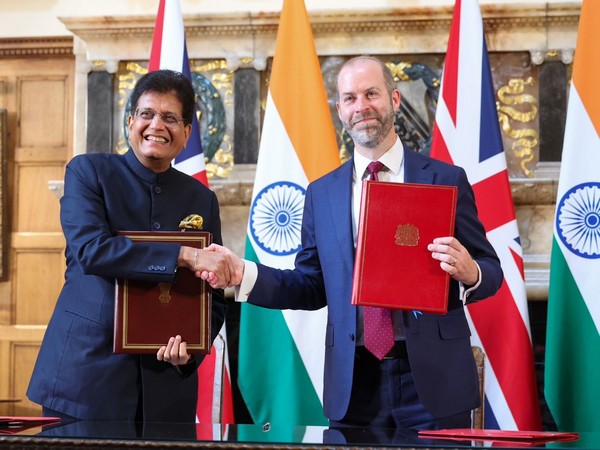
Afghanistan passport ranked least powerful in 2025 with access to 26 countries
Jul 23, 2025
Kabul [Afghanistan], July 24 : Afghanistan's passport has been ranked the least powerful in the world in 2025, offering visa-free access to just 26 countries, reflecting the country's deepening global isolation, as reported by Khaama Press.
According to the Henley Passport Index for 2025, Afghanistan was ranked 106th, at the bottom of the global list, making it the most restricted passport worldwide.
The annual index, based on exclusive data from the International Air Transport Association (IATA), ranks passports according to the number of destinations their holders can enter without a visa.
Khaama Press reported that Afghanistan's travel freedom continues to shrink. In 2024, the country ranked 104th.
The two-rank drop in 2025 highlights a further erosion in the country's global mobility, leaving Afghan citizens increasingly cut off from the rest of the world.
Meanwhile, Singapore topped the Henley Index in 2025, with its citizens enjoying visa-free access to 195 countries. Japan followed with access to 193 destinations.
Finland, France, Germany, Italy, South Korea, and Spain jointly secured third place, with visa-free access to 192 countries.
By contrast, Afghan passport holders can travel without a visa to only 26 countries, including Sri Lanka, Somalia, Kenya, Cambodia, and Bangladesh, Khaama Press noted. The drastic gap underscores the limited options available to Afghan citizens for international movement.
Despite the Taliban's control over the country, Afghan passports continue to be printed with the emblem of the former government, Khaama Press reported.
The report also highlighted how this, combined with severe political instability and economic collapse, has worsened migration trends, even as acquiring a passport has become increasingly difficult for ordinary citizens.
Khaama Press further stated that the consistent decline in the power of Afghanistan's passport mirrors the nation's worsening diplomatic and economic standing.
The limited global access not only restricts individual movement but also reflects broader issues of international exclusion and lack of recognition.
Experts note that unless Afghanistan addresses its core challenges, including governance issues, economic recovery, and efforts to gain international legitimacy, the passport is likely to remain at the bottom of global rankings for the foreseeable future.




